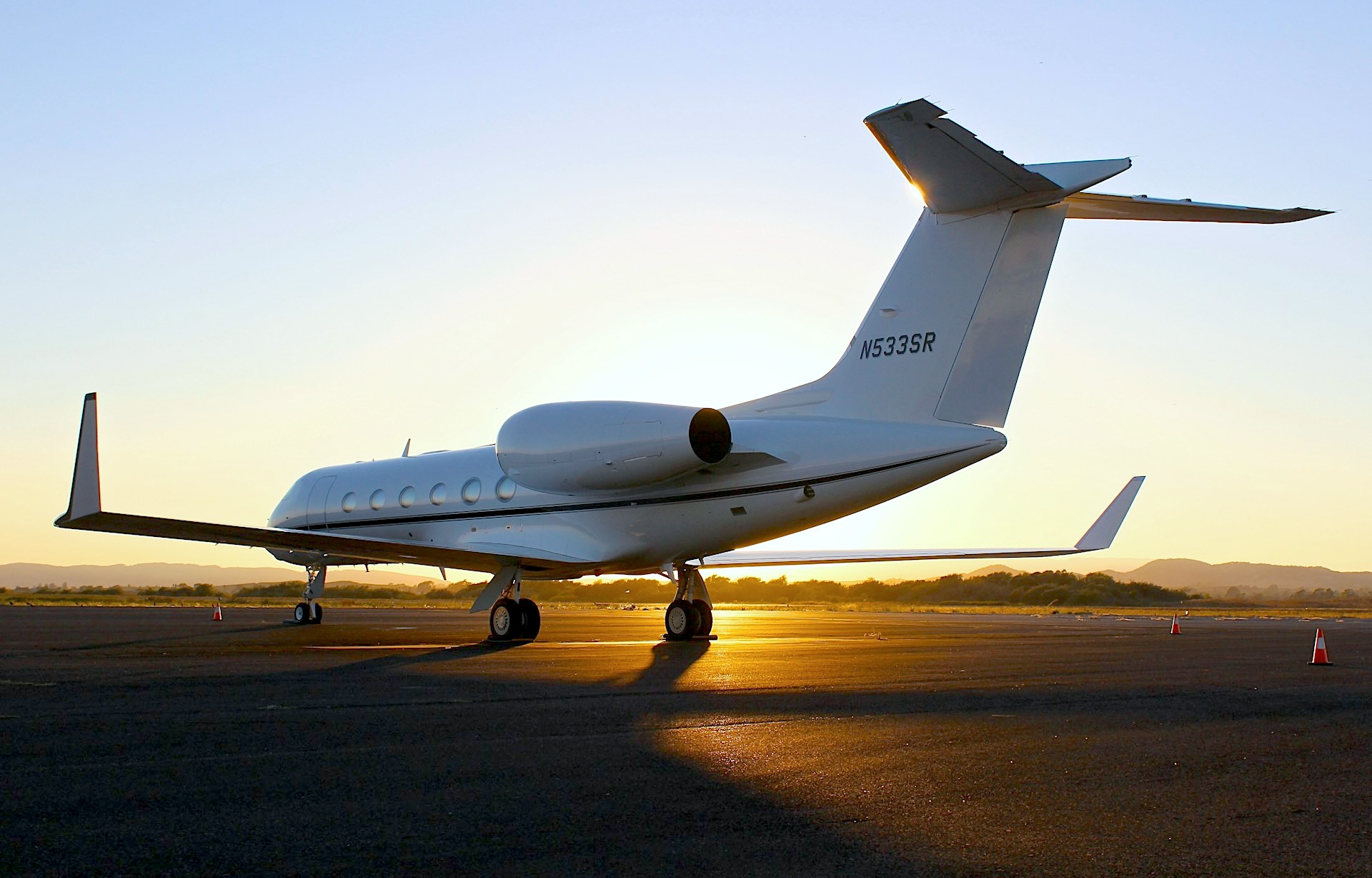Have you ever dreamed of flying in a private jet, enjoying maximum privacy and comfort? Well, that’s exactly what fixed-base operators (FBOs) offer. FBOs are like private jet terminals that provide all the services you need for an stress-free flying experience.
FBOs?
But what exactly are FBOs? They’re organizations that have the right to operate at an airport and offer various aeronautical services. Some of these services include flight instruction, aircraft rental, maintenance, fueling, tie-down, and parking. Basically, FBOs are like your one-stop shop for all things aviation.
You’ll usually find FBOs on the grounds of a public-use airport, providing support services to general aviation operators. Most FBOs offer weather and flight planning assistance, crew or passenger lounges, and even showers and private sleeping rooms in major international airports. Some FBOs even have office and hangar space, maintenance services, aircraft owner management, and charter services.
The owners of FBOs come in all shapes and sizes, from independent owners to those who own them as part of a chain. This variety of options means that there’s something for everyone, whether you’re a private flier looking for a luxury experience or just someone who wants to make their flying experience more convenient.
In fact, according to a 2015 FBO survey from AIN Publications, there are around 3,000 FBOs operating in the U.S., and that number is likely to grow. So, if you’re ever looking to upgrade your flying experience, don’t hesitate to check out an FBO. You might just find your new favorite way to travel! The term FBO has its roots in the early days of aviation, when it was mostly unregulated. Before the Air Commerce Act of 1926, pilots used military surplus aircraft for various purposes. Many of these pilots would fly from place to place and land on farmers’ properties. These early pilots would set up temporary bases on these properties, where they could offer flight lessons and rides to those interested in getting into the air.
After the Air Commerce Act, things got a bit stricter. These new rules put in place training standards and required pilots to have a license. They also made sure that pilots and mechanics had the right equipment and training to do their jobs. The pilots and mechanics who set up these temporary camps had to adjust to these new conditions, but they were able to keep their businesses going.
Many of these pilots and mechanics decided to stay in the business and start permanent flying businesses. These new businesses called themselves fixed-base operators. This term was a way for them to show that they were different from the more temporary flying businesses of the past. Today, FBOs are still important to the aviation industry, providing private aircraft and delivering high-quality services to their clients.
Understanding FBO Classifications
FBOs are classified into three different tiers, based on their revenue and the services they offer. Here’s a breakdown of the three main categories of FBOs:
- Tier One: Tier One FBOs are the biggest FBOs out there. They have to make more than $25 million a year to qualify. These FBOs usually offer everything you need for your aircraft, including fuel, facilities, and hangar space. They also provide maintenance and technical services for turbine aircraft, including part replacements. They often have OEM-certified aircraft service centers and turbine aircraft charter and management services.
- Tier Two: Right in the middle, Tier Two FBOs make between $10 million and $25 million a year. They offer all the services you’d expect from Tier One FBOs, like fuel, maintenance, and parts for turbine aircraft, as well as facility and hangar space. They also usually provide aircraft charter and management services. Unlike most Tier One FBOs, Tier Two FBOs usually specialize in missions like medevac and geophysical services.
- Tier Three: The smallest and most common types of FBOs fall into the Tier Three category. Like the other two, they offer fuel, facility, and hangar services. Unlike the others that offer maintenance and parts for turbine aircraft, Tier Three FBOs primarily offer piston and turboprop services. They also often provide piston and turboprop aircraft charters and flight schools, like flight training and aircraft rentals.
